Personal Assistants Communication: Transforming the Way We Interact
The Evolution of Personal Assistants in Digital Communication
In an era driven by fast-paced interactions, personal assistants have revolutionized communication. These AI-driven tools enable users to manage conversations, organize schedules, and optimize workflows effortlessly. Advanced speech recognition, natural language processing, and real-time adaptability have become indispensable for individuals and businesses.
How Personal Assistants Improve Communication
1. Streamlining Daily Interactions
Personal assistants simplify communication by automating routine tasks. Whether setting reminders, sending emails, or scheduling meetings, these digital companions enhance efficiency. By reducing the time spent on administrative duties, professionals can focus on high-priority tasks.
2. Enhancing Multi-Platform Accessibility
One of the key advantages of personal assistants is their ability to integrate across multiple platforms. From voice-activated assistants like Siri and Google Assistant to enterprise solutions like Microsoft Cortana, users enjoy seamless access to information, regardless of their device.
3. Real-Time Language Processing
With AI-powered natural language processing, personal assistants can interpret, analyze, and respond to voice and text inputs instantly. This allows for smooth interactions across different languages, breaking communication barriers in global work environments.
The Role of AI in Personal Assistant Communication
Adaptive Learning and Customization
AI-powered personal assistants continuously learn from user behavior. They adapt to preferences, automate repetitive conversations, and provide smart suggestions based on past interactions. This personalization enhances user engagement and ensures more meaningful interactions.
Improving Accessibility and Inclusivity
For individuals with disabilities, AI assistants offer voice commands, screen readers, and speech-to-text features, making communication more accessible. These innovations bridge gaps and empower diverse user groups.
Security and Privacy Considerations
While AI-driven assistants bring convenience, they also raise concerns about data security. Leading technology providers prioritize encryption, voice authentication, and strict privacy policies to ensure secure communication.

Future Trends in Personal Assistant Communication
Voice-First Interactions
The shift toward voice-first technology is shaping the future of communication. Businesses increasingly integrate AI-driven voice assistants into customer service and smart devices, enabling hands-free operations.
AI-Powered Emotional Intelligence
Future advancements in AI will focus on emotional intelligence, allowing personal assistants to detect tone and sentiment. This innovation will make interactions more natural and responsive.
Integration with Smart Environments
From smart homes to corporate ecosystems, AI-powered assistants are evolving to provide intelligent automation. Integrated with IoT devices, they offer seamless control over appliances, security systems, and digital workflows.
Choosing the Right Personal Assistant for Your Needs
When selecting a personal assistant, consider factors such as:
Compatibility with existing devices and software
Customization options for tailored experiences
Security features to protect sensitive information
Language and Voice Recognition capabilities
By choosing the right AI assistant, individuals and businesses can enhance communication, streamline operations, and stay ahead in the digital landscape.
FAQs
1. How do AI personal assistants improve business communication?
AI personal assistants enhance communication by managing schedules, automating responses, and integrating with collaboration tools, boosting workplace productivity.
2. Are AI-powered personal assistants secure for handling sensitive data?
Most AI assistants use encryption, multi-factor authentication, and privacy settings to ensure data security. However, users should review security policies before use.
3. Can personal assistants understand multiple languages?
Yes, modern AI assistants support multiple languages and dialects, enabling seamless communication across diverse linguistic backgrounds.
4. What industries benefit most from AI-powered personal assistants?
Sectors such as healthcare, finance, customer service, and education benefit significantly from AI-driven personal assistants due to their automation capabilities.
5. How will AI-powered personal assistants evolve in the future?
Future advancements will focus on deeper emotional intelligence, improved contextual understanding, and greater integration with IoT and smart environments.
By embracing AI-powered personal assistants, individuals and organizations can achieve seamless, intelligent communication, making everyday tasks more efficient and engaging.
AI
Virtual Assistants
AI virtual assistants automate tasks, manage schedules, and improve productivity through personalized, learning-based support.
Real
Estate Valuation AI
Smart chatbots use AI to automate tasks, enhance user experience, and improve efficiency with learning-based responses.
Voice Recognition Systems
Voice recognition systems use AI to convert speech into text, enabling hands-free control and enhancing accessibility.



